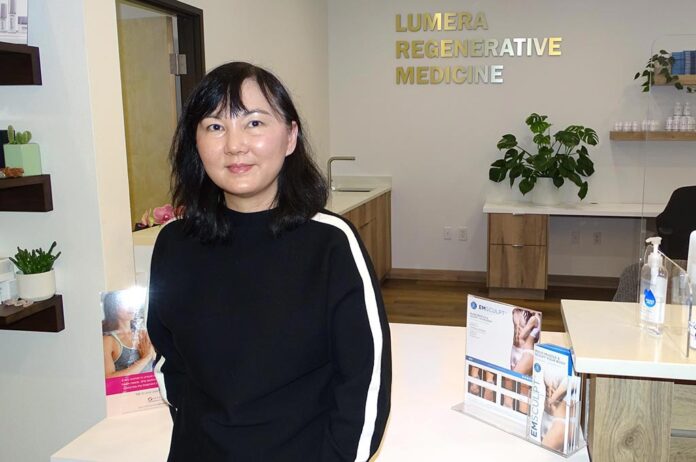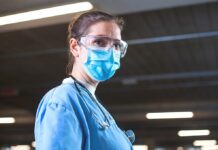
Starting in our 20s, our bodies lose collagen at an average rate of 1% a year. This can be heavily impacted by lifestyle factors such as poor diet, UV damage from sunlight, alcohol, and smoking, as well as genetic factors. This means by age 50, many of us have lost almost 1/3 of the collagen content in our skin, leading to increasingly visible wrinkles, crepiness, sagging skin, and loss of volume and contour. One class of treatments that has become increasingly popular is hyaluronic acid gel fillers. Fillers can immediately improve and enhance areas where we desire volume and plumpness, such as in the lips and in the cheeks. The aesthetic industry continues to expand as the demand increases for non-invasive and minimally invasive aesthetic treatment options, bringing with this a new class of injectables known as biostimulators which actually help the body to create more of the substance that it is losing, namely collagen. Biostimulators such as Sculptra and Radiesse are sought-after treatment options that work within the deep dermis of the skin to revitalize collagen production and help to restore the skin’s underlying structure and volume as well as the structure of the skin to diminish facial wrinkles. These two well-established products have been clinically proven to be safe and effective in many facial, as well as body applications, such as neck and decollete.
Sculptra is made of poly-L-lactic acid (PLLA), a substance derived from naturally occurring plant sugars that is biocompatible and biodegradable. It is FDA-approved to treat facial wrinkles and folds, such as the nasolabial folds and marionette lines, and can also be used to enhance the contours of the face, such as loss of volume in cheeks and off-label in the treatment of temple hollowing and augmentation of buttocks. The treatment involves injecting the Sculptra solution into the dermis of the skin using a fine needle. Multiple treatments (the amount can vary depending on starting condition and age of the patient) are typically needed to achieve the desired results. The results build gradually over time effects can last for up to two years or more.
Radiesse, on the other hand, is composed of calcium hydroxylapatite (CaHA) microspheres, which are suspended in a gel-like substance. Radiesse is FDA-approved for the correction of wrinkles and lines of the face. Hyperdilute Radiesse is a technique where the product is further diluted with additional saline and used for correction of skin laxity, loss of volume, and contour in the face and body (specifically the neck and chest, buttocks, abdomen, upper arms, thighs, knees, and hands).
Sculptra and Radiesse are generally well-tolerated treatments, but like any medical procedure, they do have potential risks and side effects, including temporary bruising, swelling, redness, itching, and lumps or bumps at the injection site. It is important to choose a qualified and experienced provider to administer these injections and to follow all aftercare instructions carefully to minimize the risk of complications.
Both Sculptra and Radiesse are minimally invasive cosmetic procedures that can help individuals achieve a more youthful and rejuvenated appearance by stimulating the body’s natural production of collagen. They are undeniably effective treatments which, under the eye and hands of skilled practitioners, can deliver outstanding results. It is also important to note that neocollagenesis takes time; thus, it is best for individuals who like to have natural-appearing results that build up over time. Patients who elect to undergo treatment with Sculptra or Radiesse can still use hyaluronic acid fillers and may require less volume with products and can use fillers in a more targeted fashion, more as an “icing on the cake” to achieve the ultimate result.
























